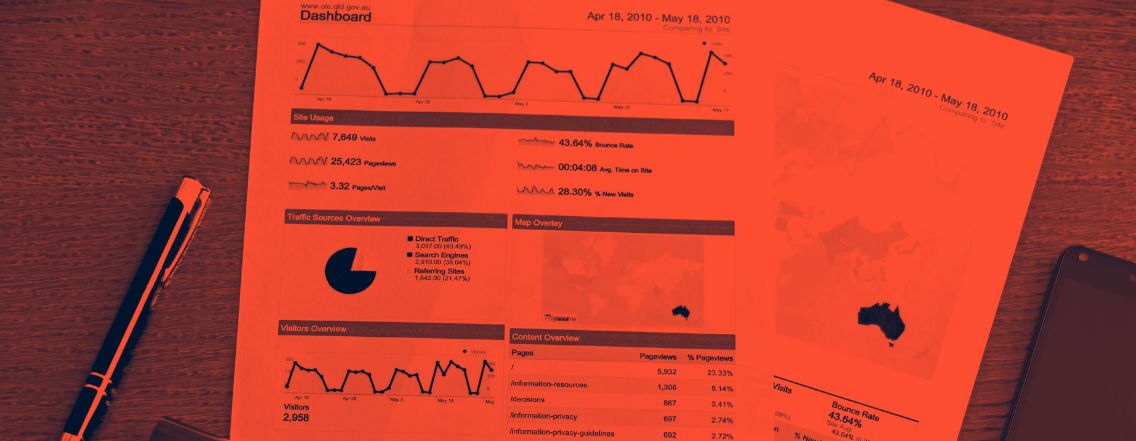With payment technology advancing faster than ever before, we take a look back on card payments. From the first card scheme to the introduction of contactless credit cards, there are many landmarks in the history and evolution of card payments, however, their success did not happen overnight. The first credit card was introduced in the UK in 1966 by Barclays, which was based on Bank America card that had been launched a few years earlier in the USA. Debit card was not introduced until 1987, and chip and pin 2002. At present card is the leading payment method in the UK in terms of value, accounting for 32% of GDP in 2014, and in March 2016 a whooping £51.9 billion was spent using card. Today cards are issued by numerous organisations and have varying levels of functionality depending on the issuer.
More than a payment tool…
Who hasn’t dreamed of owning a Gold Card, or proudly exclaiming “it’s on me”, while slipping their card out of their purse or wallet. A card is a sign of wealth and status to the outside world, especially when it comes to elitist cards such as American Express, Centurion or Palladium from JP Morgan.
Obtaining a card is also a rite of passage for young people, marking responsibility and coming of age. Banks try to diversify themselves from the competition based on the originality of their offers, in order to appeal to this emerging group with increasing purchase power.
Victim of its success
Despite being secure, the fact that the bankcard is used as the principal means of payment leaves it more vulnerable to not only physical theft but also online fraud. According to the latest report from the European Central Bank, in 2013, the total value of fraudulent transactions conducted using cards issued within SEPA and acquired worldwide equated to €1.44 billion, which represented an increase of 8% on 2012[4], unfortunately this issue is far from being a recent problem.
Of course, precautions are in place to reduce the risk of card fraud, including 3D Secure and more complex safeguards such as dynamic cryptogram payment cards, which are equipped with a ‘mini-screen’ displaying the three-digit security code, which automatically changes on a regular basis. Ingenious, yes, but it does not protect against theft of the card itself…
Fraud remains a major problem inherent to payment by card. Victims of fraudulent transactions can report the incident(s) to their bank, however, when the card is blocked the situation can become complicated, as all payments associated with the card are also blocked, including subscriptions. This means that the person has to communicate their new card details to each merchant. A tedious and time consuming task…
An irreversible decline?
As often happens, new technology replaces old. The card had previously relegated the cheque and now it is its turn to become outdated, as it no longer meets the requirements of today’s consumers.
Firstly, the reliance on a physical object to make payments is losing its appeal. This observation is supported by the advent of contactless payments such as Apple Pay, which are leading us to be less dependant on intermediaries to link bank accounts and merchants. In addition, a recent study conducted by Elabe and SlimPay has revealed the emergence of another trend that has further changed our consumption habits: subscription. This mode of consumption requires an appropriate and secure payment method, which is not affected when updating card details.
Regulation has always accompanied new payment methods (PSD1 in 2007, SEPA in 2012 and most recently PSD2) and has allowed the emergence of new players within the payment industry, including those which offer alternatives to cards such as direct debit, which are much more suited to recurring payments and subscriptions.
With all this said, we must give credit when credit is due. Payment by card is still a very practical and popular payment method. However, the very nature of technology is to constantly reinvent itself and expand the field of possibilities. It is not the end of the line for cards, but surely their hay day is over.




